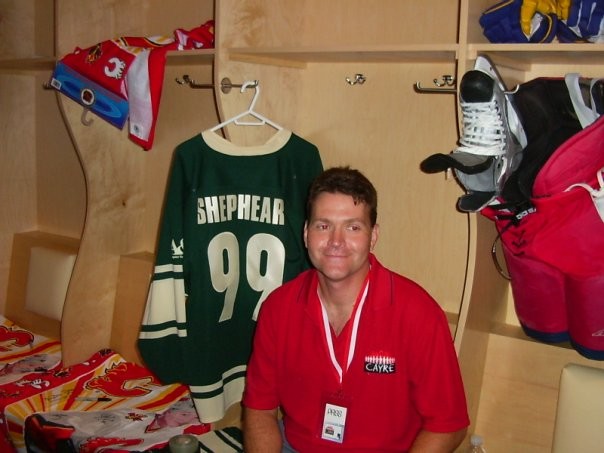After years of being a coach, I’ve met with dozens of people who’ve asked to “pick my brain” about a problem or challenge at work or home. They want something. Something inside them wants to change, but they’re not sure what to do or what to commit to it.
Why take these meetings? I love helping people, and I want to see them succeed. I gave them ideas, they left excited, but very few actually took action that led to meaningful change. In fact, I can count them on one hand and still have fingers left. Most went back to their same environment and kept doing the same things, and it was not the outcome either of us wanted.
Today I only want to work with people who are serious about doing the work, and for whom I am a good fit, and vice versa.
Who are my clients? Senior leaders who share their true feelings of frustration and unworthiness about not living the life they wanted. They feel they’ve lost their way and see no way out. They may make good money but they feel stressed out at work and don’t know what to do about it, who to talk to, or what steps to take. This is affecting every area of their life – family, relationships, and health.
I was one of those people as well, and that was the genesis of the work I’m doing now. I was also confused about mixed messages I was getting – the work I was doing felt wrong, but isn’t work supposed to be something you suffer through? Doesn’t every job have its headaches? No one can be happy every day, can they?
I’m not the only coach in the world and I won’t be a good fit for everyone. So now when clients ask who would be a good referral for me, I offer these questions as a self-assessment for prospective clients:
1. Are you coachable?
Not everyone is. What does it mean to be coachable? Are you being fully honest with yourself and everybody around you? I want to know the truth about how you’re feeling. There are no wrong answers, but being coachable starts with being honest about what’s exciting you, what’s frustrating you, and what you want to be different in your life. Being coachable also means being open to new possibilities, trying new things and being committed to creating real lasting change.
2. Are you willing to lead yourself?
In my group program The Leadership Advantage, we emphasize that leading yourself involves creating a vision for the future for all areas of your life. Not just the work stuff. Not just the measurable ROI results. Embracing this global perspective is the core and foundation of true leadership.
Leading yourself also requires a commitment to address the big questions in life rather than avoid them. For example, where do you see yourself in two years, and what would make you feel like you’ve made progress?
Finally, leading yourself means opening up in this safe environment. When you’re at a senior level of your career you may not feel you have anybody to talk to at work. Remember that being coachable (see #1) means being honest. If you’re unhappy, say you’re unhappy. No hiding behind the BS of saying what you think others need to hear because you’re the leader.
3. Are you willing to experiment?
You already have a long track record of success. You’ve done a whole lot of stuff that I can’t take credit for and wouldn’t want to. But to get to the next vision of success means doing things differently.
Some people are paralzyed with fear of doing anything new, yet it will be difficult for us to work together without that courage to commit, willingness to try, and trust in me that I won’t do anything to harm you.
As a sports guy I explain it like this: The lessons are always on the field. When you do something new, it’s not about it being a success or failure. It will be a little uncomfortable, but then you can run it through the “review the game zone.” That’s where you ask three simple questions: (1) What worked? (2) What didn’t work? and (3) What are you going to change?
It’s in between sessions where growth happens; this is when people go out and do the work and make the changes we’ve talked about, and experiment. Instead of, “I’m going to do this from now on,” it’s about, “I’m going to experiment with this and evaluate how it goes.”
It might be uncomfortable to sit in a group of people you’ve just met and talk honestly about your goals and visions, but in my programs I find that people bond quickly and what’s been uncomfortable becomes comfortable.
